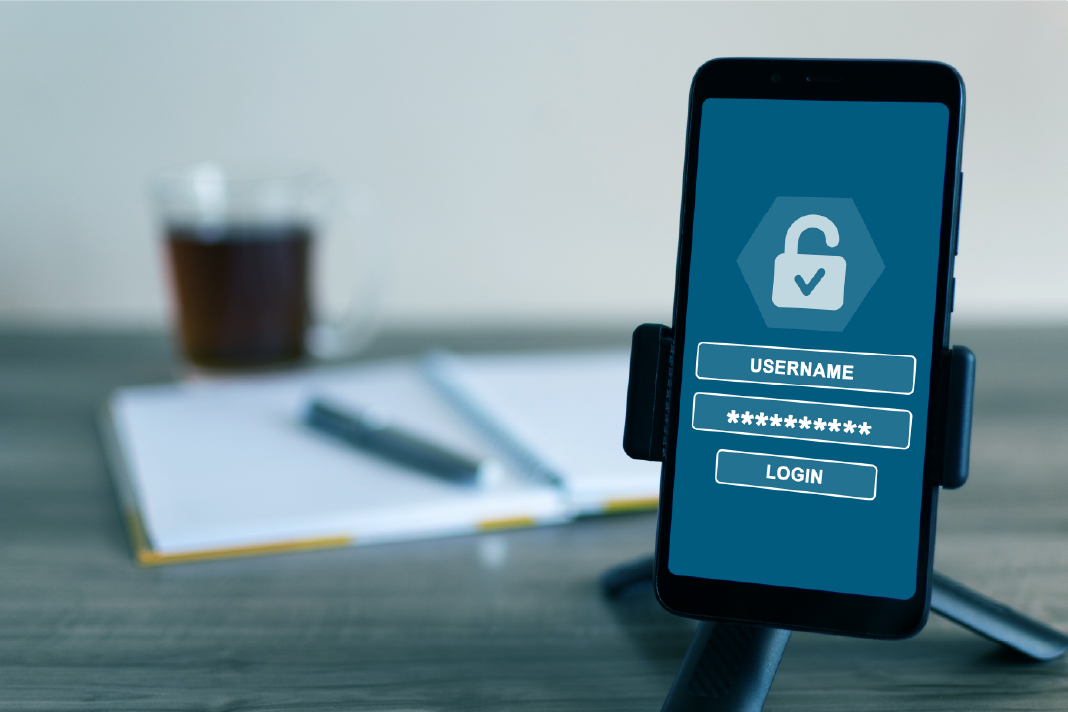Will a Mobile VPN Secure My App Activity Too?

Will a Mobile VPN Secure My App Activity Too?
As our reliance on mobile devices grows, so does the need to protect the data we transmit through them. Whether you're browsing the web, using social media, or accessing sensitive information on apps, online privacy is more important than ever. You may already know that a VPN (Virtual Private Network) protects your internet traffic—but will a mobile VPN secure your app activity as well? Let’s explore how a mobile VPN works and what it can do to protect your app usage.
What is a Mobile VPN?
A VPN creates an encrypted "tunnel" between your device and the internet. This tunnel prevents third parties—such as hackers, internet service providers (ISPs), or even governments—from viewing your data. When you use a VPN on a mobile device, it secures all internet traffic coming from and going to your phone or tablet, including the data exchanged by apps.
Mobile VPNs function just like VPNs for desktops or laptops. They encrypt the information before it leaves your device and route it through a secure server, hiding your IP address and location. This allows you to browse anonymously and protect your online activities from prying eyes.
Does a Mobile VPN Secure App Activity?
Yes, a mobile VPN secures your app activity in addition to your web browsing. Whether you're using social media, banking apps, email, or streaming services, a mobile VPN protects the data that flows through those apps by encrypting it.
Here’s how a mobile VPN safeguards your app activity:
1. Encryption of App Data
When you connect to a VPN, all internet traffic from your mobile device, including app data, is encrypted. This means that sensitive information like your login credentials, financial transactions, messages, and even in-app activities remain private, even if you’re using a public Wi-Fi network. Apps that send data unencrypted become vulnerable on insecure networks—something a VPN can shield you from.
2. Anonymizing Your IP Address
Apps collect a lot of data, including your IP address, which can reveal your location and identity. By masking your IP address, a VPN ensures that apps (and anyone who might be tracking your app usage) won’t be able to trace your activities back to your real IP address. This adds an extra layer of anonymity.
3. Protection on Public Wi-Fi Networks
Public Wi-Fi networks, such as those in cafes, airports, and hotels, are often insecure and susceptible to cyberattacks. Hackers can easily intercept data transmitted over these networks. A mobile VPN ensures that your app activity remains secure and hidden, even on public networks. Whether you're checking your email or conducting online banking, your mobile VPN encrypts your data, keeping it out of the hands of cybercriminals.
4. Bypassing Geo-Restrictions in Apps
Just like websites, many apps have content that is restricted based on your geographic location. With a VPN, you can switch your virtual location by connecting to a server in a different country. This allows you to bypass geo-blocks, unlock restricted content, and access app features or services that may not be available in your region.
What Mobile VPNs Can’t Do
While mobile VPNs do an excellent job of securing your data, it’s important to note what they can’t do. VPNs cannot control how the apps themselves handle your data. Some apps collect and store user data for analytics or advertising purposes. While a VPN will protect the data in transit, it cannot stop an app from collecting information if that’s part of the app’s functionality. You should still review app privacy policies to ensure your data is being handled securely.
Additionally, a VPN won’t protect you from malware. If you download a malicious app or file, a VPN can’t prevent it from infecting your device. For comprehensive security, it’s a good idea to use a VPN alongside antivirus software.
Do I Need a VPN for My Mobile Apps?
Yes, using a VPN on your mobile device is essential for securing app activity, especially when you’re frequently on the go. Whether you’re using mobile banking apps, email, or streaming services, a VPN keeps your personal data safe from hackers and trackers. In particular, mobile VPNs are highly recommended in the following scenarios:
- When using public Wi-Fi: Public networks are highly vulnerable to cyberattacks. A VPN ensures that your app activity remains secure.
- When accessing sensitive information: If you're using apps to handle sensitive data, such as financial transactions or personal details, a VPN is a must to keep that information private.
- When concerned about privacy: Apps often collect user data for advertising or analytics. A VPN adds a layer of anonymity by masking your IP address.
- When traveling abroad: If you’re traveling and need to access regionally restricted apps or content, a VPN helps you bypass those restrictions.
JourneyVPN: The Ideal Mobile VPN for Securing Your App Activity
If you’re looking for a reliable VPN that ensures your app activity is secure, JourneyVPN is the ideal choice. JourneyVPN offers top-tier encryption protocols, ensuring that all of your app data is protected from prying eyes. Whether you’re accessing sensitive information, using public Wi-Fi, or just want to browse anonymously, JourneyVPN gives you the peace of mind that your mobile data is safe.
With servers located worldwide, JourneyVPN allows you to easily bypass geo-restrictions and access the content and apps you need, no matter where you are. Plus, our intuitive mobile app makes it easy to connect and switch between servers, ensuring a seamless and secure online experience.
Conclusion
In conclusion, using a mobile VPN does indeed secure your app activity, providing encryption and privacy for all the data that your apps transmit. Whether you’re browsing the web or using specific apps, a mobile VPN like JourneyVPN ensures that your information stays safe, secure, and private. For those who prioritize online security and privacy, a mobile VPN is not just an option—it’s a necessity.